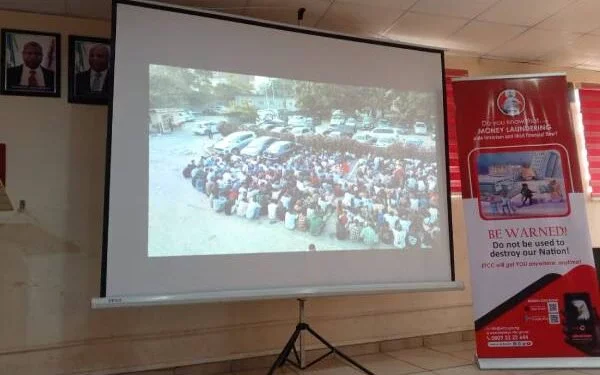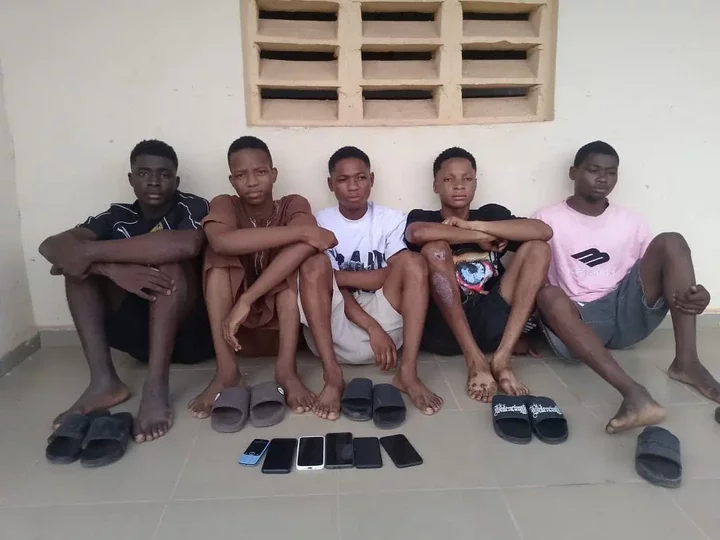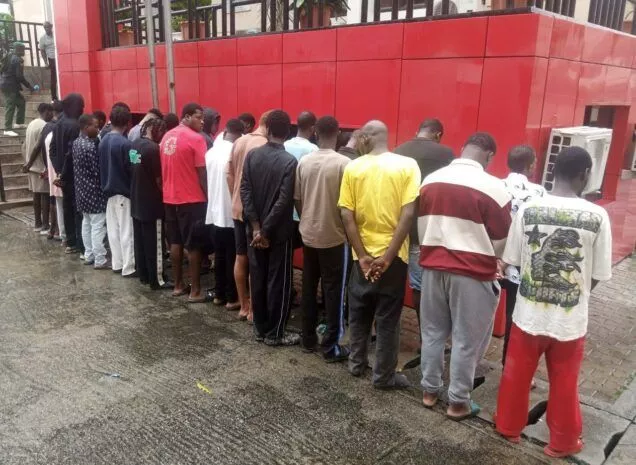
A federal jury in New Haven, Connecticut, has convicted a Nigerian national, Okechuckwu Valentine Osuji, for operating a business email compromise scheme out of multiple countries, including the United States, which led to losses and intended losses of over $6.3 million.
According to a statement released by the U.S. Department of Justice, court documents and evidence presented at trial, revealed that Osuji, 39, and his co-conspirators targeted specific individuals and businesses by masquerading as trustworthy entities in electronic communications to obtain money.
The DOJ added that they utilized unwitting and witting "money mules" to receive fraud proceeds in their bank accounts, and then transferred those funds to accounts under the control of Osuji and his co-conspirators or to convert the stolen proceeds to cash for further transfer.
Over the course of the scheme's years-long operation, numerous victims were tricked into transferring funds into bank accounts the victims believed were under the control of legitimate recipients of the funds as part of normal business operations when in reality, the bank accounts were controlled by Osuji and his co-conspirators, the DOJ added.
Commenting on the conviction, which was secured on Wednesday, May 1, 2024, Principal Deputy Assistant Attorney General and Head of the Justice Department's Criminal Division, Nicole M. Argentieri, said:
"Osuji led a network of scammers in Malaysia and elsewhere in a sophisticated business email compromise scheme to defraud victims of millions of dollars.
"Today's conviction is another example of how the department's collaboration with international law enforcement partners enables us to bring cybercriminals to justice in the United States."
"While it is often difficult to identify and bring to justice cyber criminals operating overseas, today's verdict demonstrates the expertise of the FBI and Stamford Police in uncovering this criminal network, and the shared commitment of our counterparts in Malaysia to ensure that fraudsters are held accountable in a court of law," said U.S. Attorney Vanessa Roberts Avery for the District of Connecticut.
"We will continue to work to root out those who engage in internet fraud schemes, no matter where in the world they operate and achieve justice for victims of these crimes."
Also commenting on the conviction, Executive Assistant Director of the FBI's Criminal, Cyber, Response, and Services Branch, Timothy R. Langan Jr., said:
"The defendant perpetrated a complex international business email compromise scheme and laundered millions in stolen proceeds.
"This conviction is the result of hard work and close collaboration between the FBI and our local and international partners. Together, we will work aggressively to bring to justice anyone who engages in fraud and theft against Americans, no matter where they are in the world."
According to the DOJ, the jury convicted Osuji of conspiracy to commit wire fraud, wire fraud, and aggravated identity theft. He is scheduled to be sentenced on July 24 and faces a mandatory minimum of two years on the identity theft count and a maximum penalty of 60 years in prison on the wire fraud and conspiracy counts.
It added that a federal district court judge will determine any sentence after considering the U.S. Sentencing Guidelines and other statutory factors.
Osuji was arrested in Malaysia and extradited to the United States in 2022. His alleged co-conspirator, John Wamuigah, remains in Malaysia and is pending extradition proceedings. Another co-conspirator, Tolulope Bodunde, pleaded guilty on Feb. 16.
The FBI New Haven Field Office and the Stamford Police Department investigated the case. The Justice Department's Office of International Affairs, Royal Malaysia Police, and Malaysian Attorney General's Chambers provided valuable assistance in securing the arrest and extradition of Osuji.
















Comments